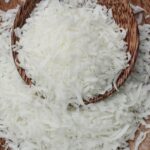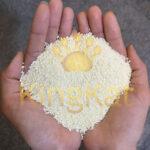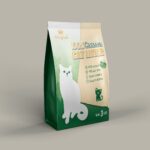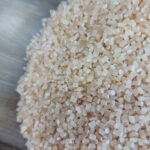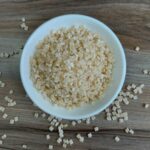CASHEW NUT SHELL OIL
Table of Contents
ToggleTapioca starch, derived from the cassava root, has gained significant attention across industries for its versatile properties and eco-friendly nature. Known for its thickening, binding, and texturizing capabilities, tapioca starch has become a preferred choice for numerous applications. Below, we explore the top five industries leveraging this incredible raw material.


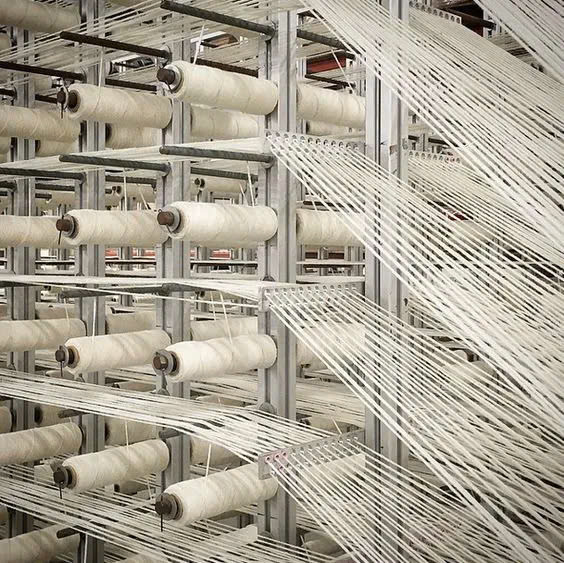


1. Food and Beverage Industry
The food and beverage sector is one of the largest consumers of tapioca starch. Its natural and gluten-free properties make it a favored ingredient in a variety of applications:
- Thickening Agent: Tapioca starch is widely used to enhance the texture of soups, sauces, and gravies, giving them a smooth and creamy consistency.
- Stabilizer: It prevents separation in products like yogurt, puddings, and pie fillings.
- Gluten-Free Alternative: With the rising demand for gluten-free products, tapioca starch is a key ingredient in baking to replace wheat-based flour.
- Low-Allergenic: Ideal for creating allergen-free foods, catering to consumers with dietary restrictions.
2. Paper and Packaging Industry
As sustainability becomes a critical focus, the paper and packaging industry has turned to tapioca starch for its eco-friendly properties. Its adhesive qualities and biodegradability make it an ideal material for:
- Paper Coating: Tapioca starch is used as a coating agent to improve the texture and durability of paper products.
- Adhesive in Corrugated Boxes: It strengthens bonds in cardboard and corrugated boxes, enhancing their durability while maintaining environmental friendliness.
- Biodegradable Packaging: Tapioca starch serves as a base for creating biodegradable plastic alternatives, significantly reducing environmental impact.
3. Textile Industry
The textile industry benefits from tapioca starch due to its ability to act as a natural stiffener and binder. Some of its applications include:
- Warp Sizing: Tapioca starch is used to coat yarns before weaving, increasing their strength and reducing breakage during the process.
- Fabric Finishing: It gives a smooth finish to fabrics, enhancing their appearance and quality.
- Printing on Textiles: Tapioca starch helps in creating clear, vivid patterns during fabric printing processes.
These qualities not only improve production efficiency but also contribute to reducing the reliance on synthetic chemicals.
4. Pharmaceutical and Personal Care Industry
Tapioca starch plays a crucial role in pharmaceuticals and personal care products due to its non-toxic and hypoallergenic properties. It is commonly used in:
- Tableting Agent: Tapioca starch acts as a filler and binder in tablets, ensuring proper shape and disintegration when consumed.
- Cosmetic Products: Its smooth texture and excellent absorbency make it a key ingredient in face powders, dry shampoos, and body powders.
- Wound Care: Tapioca starch’s gentle nature allows it to be used in baby powders and soothing wound dressings.
The natural origin of tapioca starch ensures safety and efficacy in sensitive applications.
5. Bioplastics and Sustainable Solutions
With the global push for sustainability, tapioca starch has emerged as a promising solution in the development of bioplastics and other eco-friendly products:
- Biodegradable Plastics: Tapioca starch-based plastics are used in packaging, single-use utensils, and agricultural films, offering a sustainable alternative to petroleum-based plastics.
- Compostable Products: Items made from tapioca starch break down naturally, making them ideal for waste management solutions.
- Hybrid Materials: Tapioca starch is often combined with other biopolymers to create stronger, more versatile materials for industrial use.
These innovations not only reduce environmental harm but also open doors to new market opportunities in green technology.
Why Tapioca Starch is the Material of the Future
Tapioca starch’s versatility, coupled with its environmentally friendly nature, has made it indispensable in these industries. As consumer preferences shift towards sustainable and natural products, the demand for tapioca starch is expected to grow exponentially.
Businesses seeking to stay ahead in their respective markets can benefit from integrating tapioca starch into their production processes. Whether it’s improving product quality, meeting regulatory standards, or reducing environmental footprints, tapioca starch offers a practical and innovative solution.



